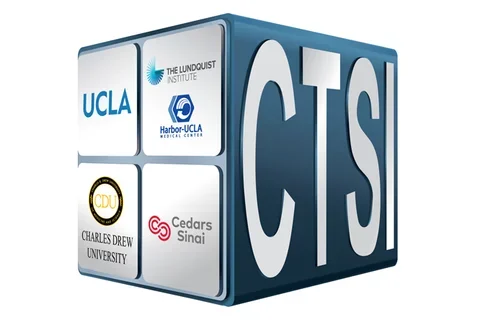KL2 scholar Claudio Scafoglio to present new lung cancer research at the ACTS annual meeting

Researchers have made strides toward developing a new method for diagnosing and treating early-stage lung cancer. The method, which was successful in animal studies, could pave the way for more patients to receive care early in the disease.
UCLA CTSI KL2 scholar Claudio Scafoglio, an assistant professor at the David Geffen School of Medicine, will present the research at the annual meeting of the Association of Clinical and Translational Science in Washington on Saturday.
Each year, more than 150,000 people in the U.S. die of lung cancer, the leading cause of cancer death. Early diagnosis has long been seen as the key to improving survival. But current technologies do a poor job of detecting very small, isolated tumors.
The new method, developed by Dr. Scafoglio and colleagues, takes aim at adenocarcinoma of the lung, the most common form of lung cancer.
It targets the sodium-dependent glucose transporter 2 (SGLT2) protein, which supplies glucose to early-stage lung cancers. Tumors feed on glucose to grow.
In Dr. Scafoglio's experiment, mice with human cancer cells were injected with radioactive tracers to hone in on the SGLT2 protein. Then scientists used positon-emission tomography (PET) imaging to measure the activity of SGLT2.
Next, they gave the mice canagliflozin, an FDA-approved diabetes drug that blocks the SGLT2 protein, reducing the cancer's glucose supply. The drug slowed the growth of early-stage lung cancer and improved survival in the mice.
The findings point to a new way of diagnosing early-stage lung cancer as well as a new way of treating the disease.
Dr. Scafoglio said the next step for his research would be clinical studies of SGLT2-specific PET imaging in early-stage lung cancer patients, followed by trials testing SGLT2-blocking drugs for lung cancer treatment -- and, potentially, disease prevention.
Further reading:
Image caption:
Image source:



